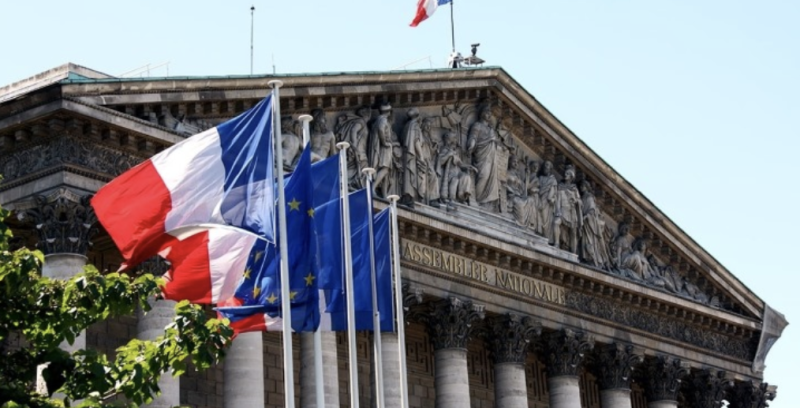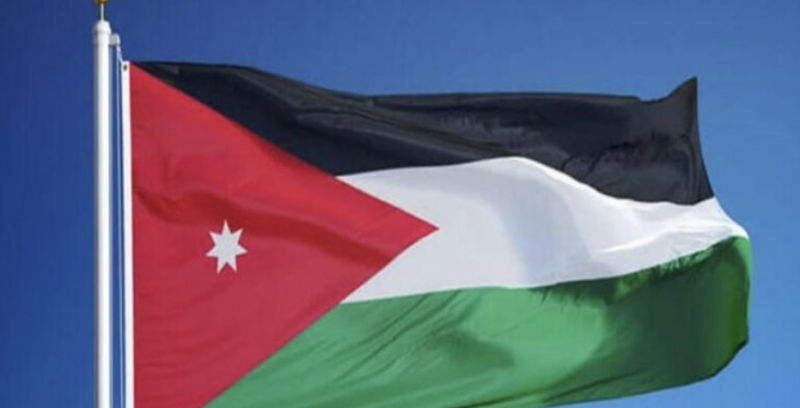Women’s Beauty Salons Raided by Yemen's Houthis


The government of the Houthi coup in Yemen has adopted twenty precautionary measures that it claims are meant to fight COVID-19 such as the closure of beauty salons for women.
This procedure reminds Yemenis of what the leader of the coup had previously stated that women’s Islamic robes were a reason behind the delay in their "divine victory."
Local sources in Sanaa told Asharq Al-Awsat that Sultan Zabin, a Houthi official, ordered dozens of armed men to carry out the new repressive campaign after the militias issued decrees banning beauty salons and tailors for women’s clothing.
According to the sources, the owners of salons in Sanaa said that armed Houthis raided their shops alongside female security personnel from the Zaynabiyyat group and asked them to shut down under the threat of arrest.
Rights activists in Yemen accuse the Houthis of implementing protocols that are very similar to those of ISIS and al-Qaeda. In fact, the militia group stated that these shops are one of the main reasons that have delayed its ability to defeat the legitimate government.
Repressive Houthi campaigns started to become more strict last December after a series of speeches by their leader, calling on his followers to protect the Yemeni society from what he described as an “invasion by Western culture” and to consecrate “Yemeni identity” hinting at the Houthis' beliefs imported from Iran.
The armed Houthis launched a similar campaign last year in Sanaa, where they burned women’s gowns while repeating the “Khomeinist chant”, claiming that they are one of the reasons behind the delay in victory.
The group had launched several campaigns over the past few years against restaurants and cafes under the pretext that they allow for mixing between genders, before giving them the green light to reopen in exchange for financial royalties imposed on owners.
Previously, the group had clamped down on ads for women’s makeup, and confiscated mannequins from clothing stores.
Since they took over Sanaa in 2014, the insurgents impose strict conditions on student clothing on university campuses. They also ban mixed-gender graduation ceremonies and tell school pupils to wear traditional clothes during ceremonies.
Human rights groups have observed the group assaulting many girls in Sanaa University due to their outfits, which they claim goes against the beliefs that the group’s leader, Abdul-Malik al-Houthi, had talked about.

Paris – The French Ministry of Foreign Affairs issued a statement expressing deep concern over the situation in Yemen, while reaffirming its…

Amman – Jordan’s Ministry of Foreign Affairs and Expatriates issued a statement on Wednesday underscoring the Kingdom’s close mon…

Hadramout – A spokesperson for the United Nations Office for the Coordination of Humanitarian Affairs (OCHA) has warned of serious humanitari…